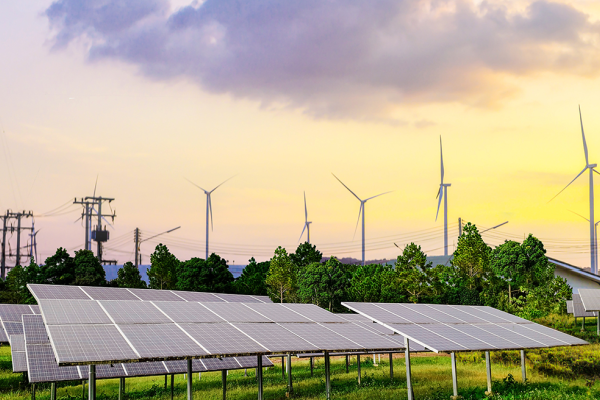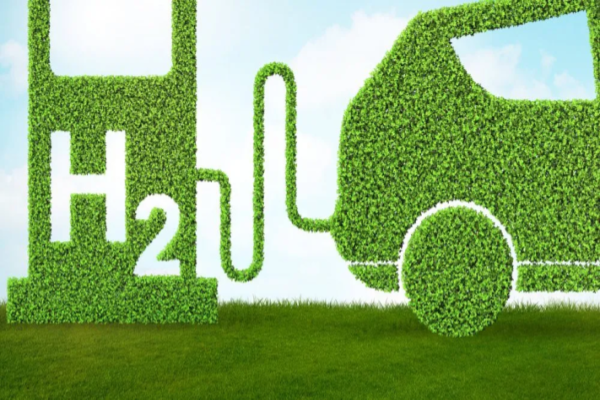




The IES Green Energy, and Energy Transition Programme is a strategic initiative focused on environmental awareness, green energy and energy transition. The program aims to promote the adoption and transition to green and renewable energy sources, as well as support sustainable energy practices and policies.
Ghana, like many other countries, faces significant challenges in the energy sector, including reliance on fossil fuels, limited access to electricity in rural areas, and environmental concerns related to climate change. The Green, Renewable Energy, and Energy Transition Program seeks to address these challenges by advocating for renewable energy adoption, promoting sustainable energy practices, and facilitating the transition to a low-carbon economy.
The main objectives of the program are as follows:
Promote renewable energy adoption, by raising awareness on the benefits of renewable energy sources, such as solar, wind, hydro, and biomass, and encourage their widespread adoption in both urban and rural areas.
Engage with policymakers and relevant stakeholders to advocate for policy reforms, and advocate for supportive policies, regulations, and incentives that facilitate the transition to green and renewable energy sources.
Promote energy-efficient practices and technologies to reduce energy consumption and enhance energy productivity in households, businesses, and industries.
Empower local communities to actively participate in and benefit from the renewable energy transition by providing training, capacity building, and access to financing opportunities.
Collaborate with government agencies, private sector entities, international organizations, and local communities to build strategic partnerships and leverage resources for sustainable energy projects.
This programme will deliver the following outputs:
a. Raise public awareness on the benefits of renewable energy, educate communities, policymakers, and other stakeholders about renewable energy technologies and sustainable energy practices.
b. Influence the development and implementation of renewable energy policies, regulations, and incentives at the national and local levels.
c. Provide technical training and capacity-building programs to local communities, entrepreneurs, and energy professionals to enhance their skills in renewable energy technologies and project development.
d. Generate data, best practices, and case studies on renewable energy adoption, energy efficiency, and successful energy transition models.
e. Implement pilot projects and demonstrations to showcase the feasibility and benefits of renewable energy technologies, energy-efficient practices, and sustainable energy solutions in various sectors.